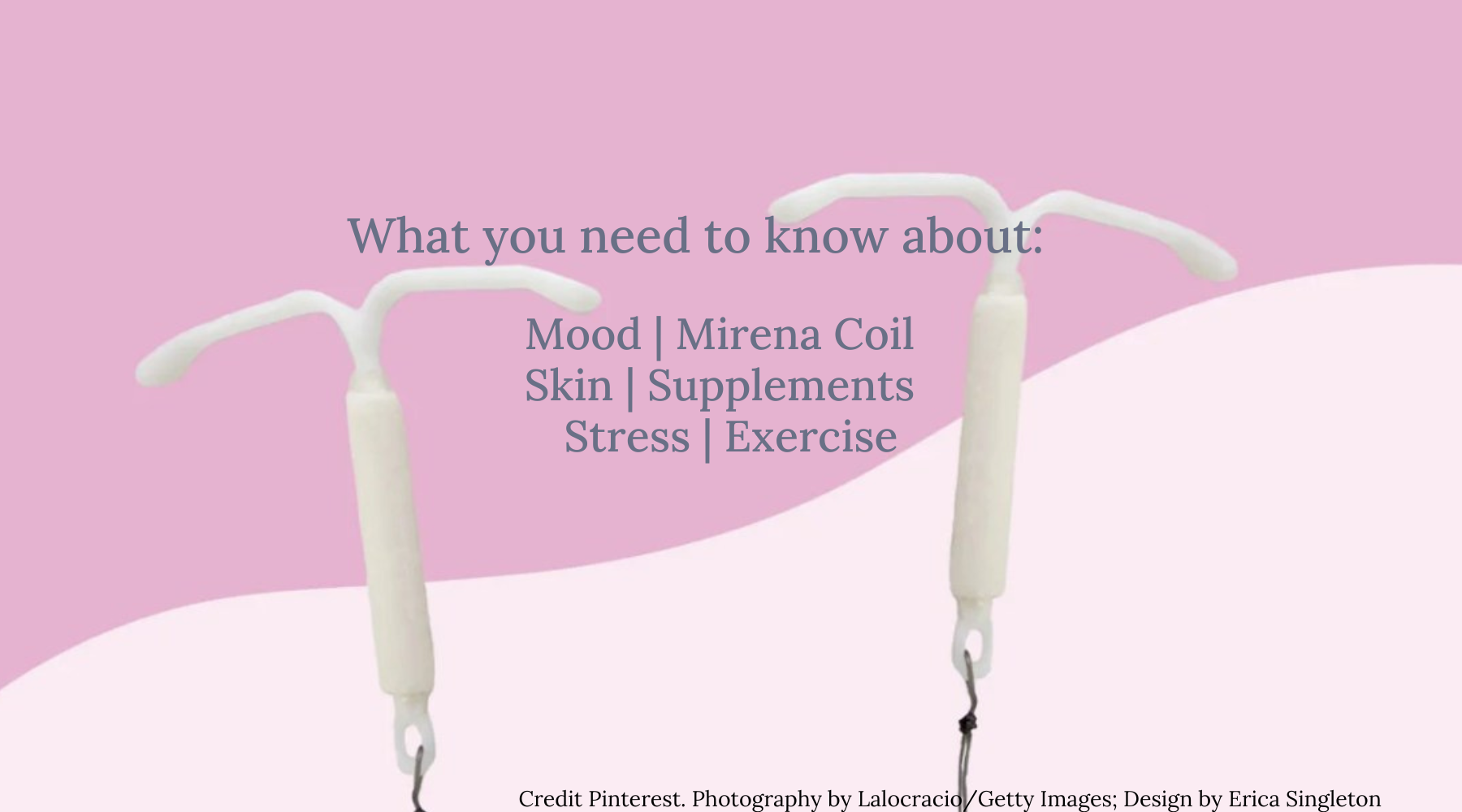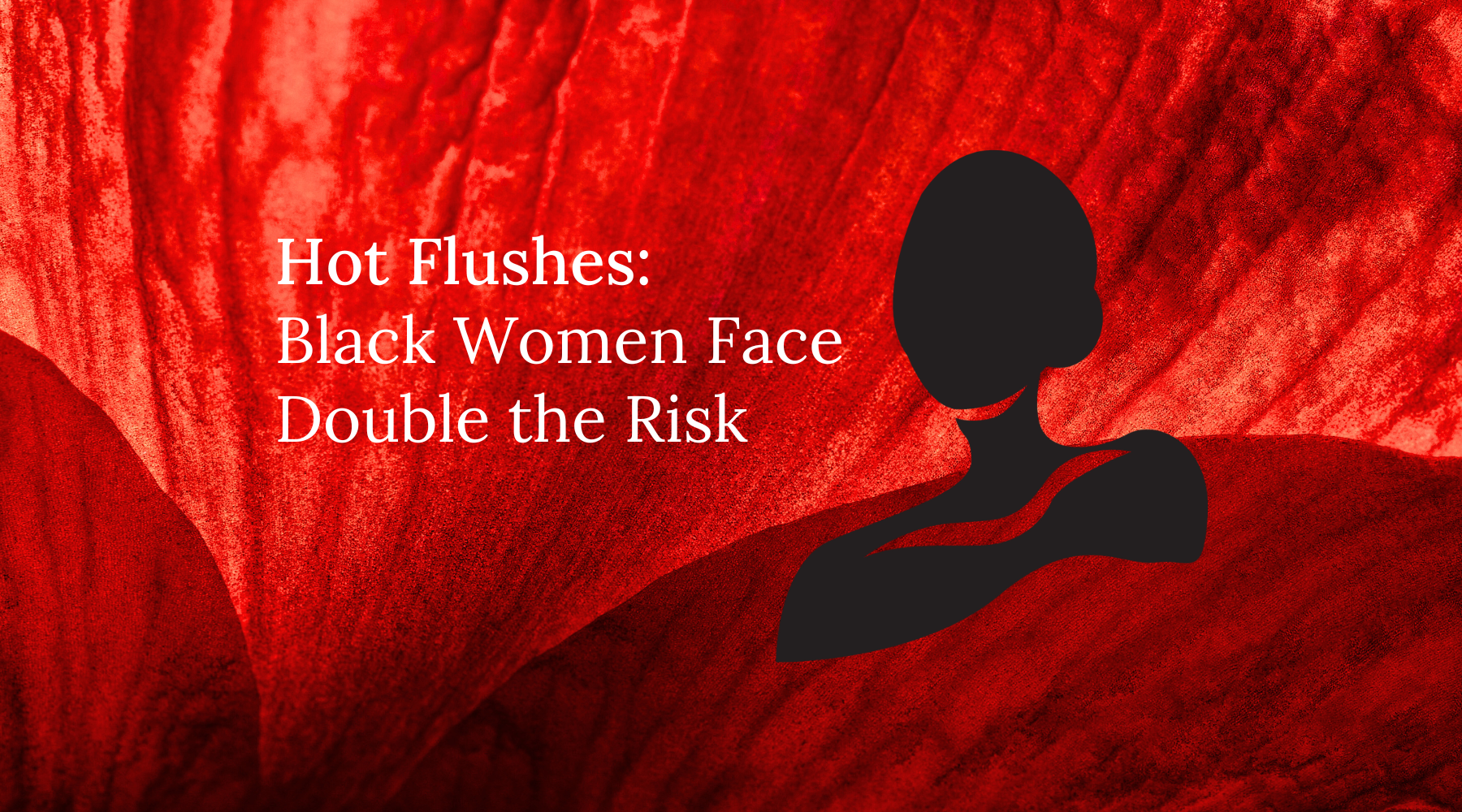MENOPAUSE
Frequently Asked Questions
Firstly be aware of all the 34 recognised symptoms of menopause. Midst has categorised these into 9 symptom areas: Sexual Health, Brain Fog, Muscles & Strength, Mood & Irritability, Sleep, Skin & Hair, Anxiety, Headaches and Other Changes. Most women aren't aware of the symptoms and therefore find it harder to identify the symptoms and bring them together. Doctors may also find it hard to identify as perimenopause and menopause occur in a woman's midlife when they have many pressures in their life which could cause individual symptoms. Secondly, Progesterone is usually the first reproductive hormone to decline so a change in mood may be your first symptom to identify. The first stages of menopause can commonly be experienced over 40 years of age as the decline of hormones starts. It is worth making an appointment with your GP to discuss your symptoms. Your GP may issue tests however these tests are dependent on your hormonal cycle and may not be accurate and your GP may diagnose based on your symptoms.
- Heart beating quickly or strongly
- Feeling tense or nervous
- Difficulty sleeping - sleep disturbance and insomnia
- Memory problems
- Attacks of anxiety, panic
- Difficulty in concentrating
- Feeling tired or lacking in energy
- Loss of interest in most things
- Feeling unhappy or depressed
- Crying spells
- Irritability
- Feeling dizzy or faint
- Pressure or tightness in head
- Tinnitus (ringing/buzzing in the ear)
- Headaches
- Muscle and joint pains
- Pins and needles in any part of the body
- Breathing difficulties
- Hot flushes
- Sweating at night
- Loss of interest in sex ((dyspareunia)
- Urinary symptoms
- Vaginal dryness & painful sexual intercourse
- Brain fog
- Weight gain
- Irregular menstrual cycles
- Skin changes
- Hair Changes
- Tender Breasts
- Increased allergies
- Dry Itchy Skin
- Dry Itchy eyes/ears nails
- Oral Health changes
- Digestive issues
ANXIETY
- Heart beating quickly or strongly
- Feeling tense or nervous
- Attacks of anxiety, panic
BRAIN FOG
- Memory problems
- Difficulty in concentrating
- Brain fog
HOT FLUSHES
- Hot flushes
- Sweating at night
MOOD & IRRITABILITY
- Feeling tired or lacking in energy
- Loss of interest in most things
- Feeling unhappy or depressed
- Crying spells
- Irritability
MUSCLES & ACHES
- Muscle and joint pains
- Pins and needles in any part of the body
- Breathing difficulties
SEXUAL HEALTH
- Loss of interest in sex ((dyspareunia)
- Urinary symptoms
- Vaginal dryness & painful sexual intercourse
- Tender Breasts
SKIN & HAIR
- Skin changes
- Hair Changes
- Dry Itchy Skin
- Dry Itchy eyes/ears nails
SLEEP
- Difficulty sleeping - sleep disturbance and insomnia
HEADACHES & DIZZINESS
- Feeling dizzy or faint
- Pressure or tightness in head
- Tinnitus (ringing or buzzing in the ear
- Headaches
OTHER CHANGES
- Weight gain
- Irregular menstrual cycles (amenorrhea)
- Increased allergies
- Oral Health changes
- Digestive issues
Generally it is a change in the pattern of your periods which commonly occurs in your 40s. They may become heavier, or lighter, more frequent, less frequent, or more emotional. The changes are a sign the hormones are fluctuating. If you are on the Mirena Coil or don’t have periods for other reasons, then mood/irritability may be a sign to look out for. Early signs of menopause can be hard to identify as there are so many and women are not commonly familiar with them.
- Perimenopause; when your reproductive hormones [Oestrogen (3 types), Progesterone, and Testosterone] are fluctuating monthly and generally declining. Commonly occurs from 42-50 years old.
- Menopause: denotes the time when your period stops. Commonly occurs from 45-55 years old.
Post Menopause; when you have not had a period in over 12 months due to the decline of the reproductive hormones, and you can no longer get pregnant. Commonly occurs from 50-58 years old.
There are many options available to women to treat symptoms of menopause, these can vary across medical, natural, nutrition, lifestyle, fitness, technology, therapy and supplements. The recognised option to replace the declining hormones is Hormone Replacement Therapy (HRT) which needs to be prescribed by a doctor. It comes in the form of tablets, creams and patches and also has varying strengths.
The average age in the UK to experience Menopause is 51 years old, therefore symptoms are experienced much earlier as women due to the hormone fluctuations in Perimenopause, commonly from age 45. Ethnicity plays a role in severity of the Menopause experience.
As oestrogen and progesterone fluctuate this impacts how the body's internal thermostat (hypothalamus) measures temperature, and so we become more sensitive to temperature fluctuations. This can cause sudden warmth or a flushed sensation in the face, neck, and chest. The body then tries to cool down by sweating excessively. The body temperature increases by 1-3 degrees. This commonly occurs at night and are called night sweats as the body sweats to cool down, Hot flushes can lead to mood swings, sleep disturbances, and a decrease in overall quality of life.
Vaginal atrophy or atrophic vaginitis may occur when the female body doesn't have enough oestrogen. It is the thinning, drying and inflammation of the vaginal walls and causes pain during intercourse as well as leading to many urinary symptoms and infections. It can be treated with Hormone Replacement Therapy or topical Oestrogen.
It can’t be denied that over the age of 40 we aren't able to absorb as much nutrients from our food as we did when we were younger, couple this with the fact that farming production has changed in the past 20 years resulting in generally less nutrients in our food, and we realise we need to be more specific about what our body needs. As reproductive hormones decrease in women we can look to balance the changes through getting the right amount of nutrients. The four key vitamins to support the female body at this time are Vitamin D (immune support, especially in winter months), Vitamin B Complex (energy and hormone support), Magnesium (nervous system), and Ashwagandha KSM-66® (invigorates) Be careful when selecting a brand and ensure you have checked the vitamin content, fillers and absorption companions. Try Midst 40s Starter VIT KIT, with carefully selected brands which offer optimum vitamin content and absorption for women in their 40s.
If you are going to put anything on your face in the morning,make it SPF 50.
Here are some helpful tips for skincare in midlife:
- PROTECT - Make it a habit to wear sunscreen with a sun protection factor (SPF) of 50 every day.
- REPAIR - Incorporate retinoids into your nighttime skincare routine. Apply a retinol-based product before bed.
- BOOST elasticity - Consider using skincare products containing peptides, as they can help enhance the elasticity of your skin.
- EASE dryness - Opt for a rich moisturiser that contains hyaluronic acid or glycerin to combat dryness.
- CLEAN - Use cleansers enriched with salicylic acid to effectively cleanse your skin.
Some great midlife brands include Medik8, and La Roche Possay.



